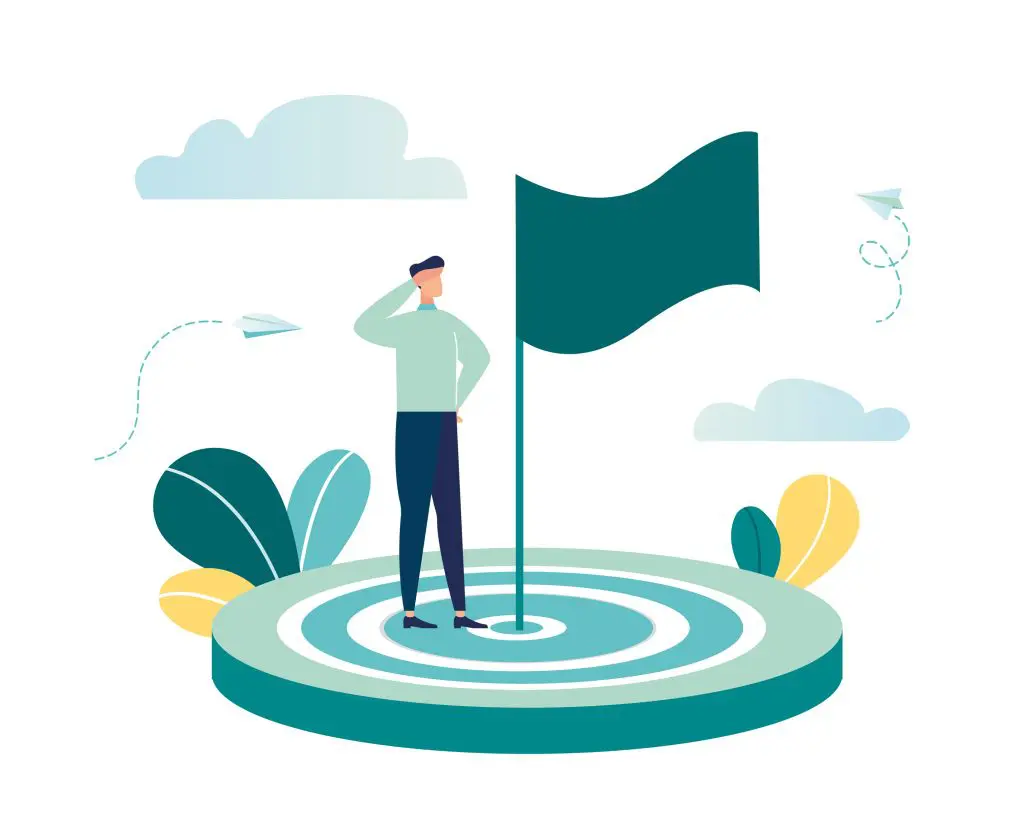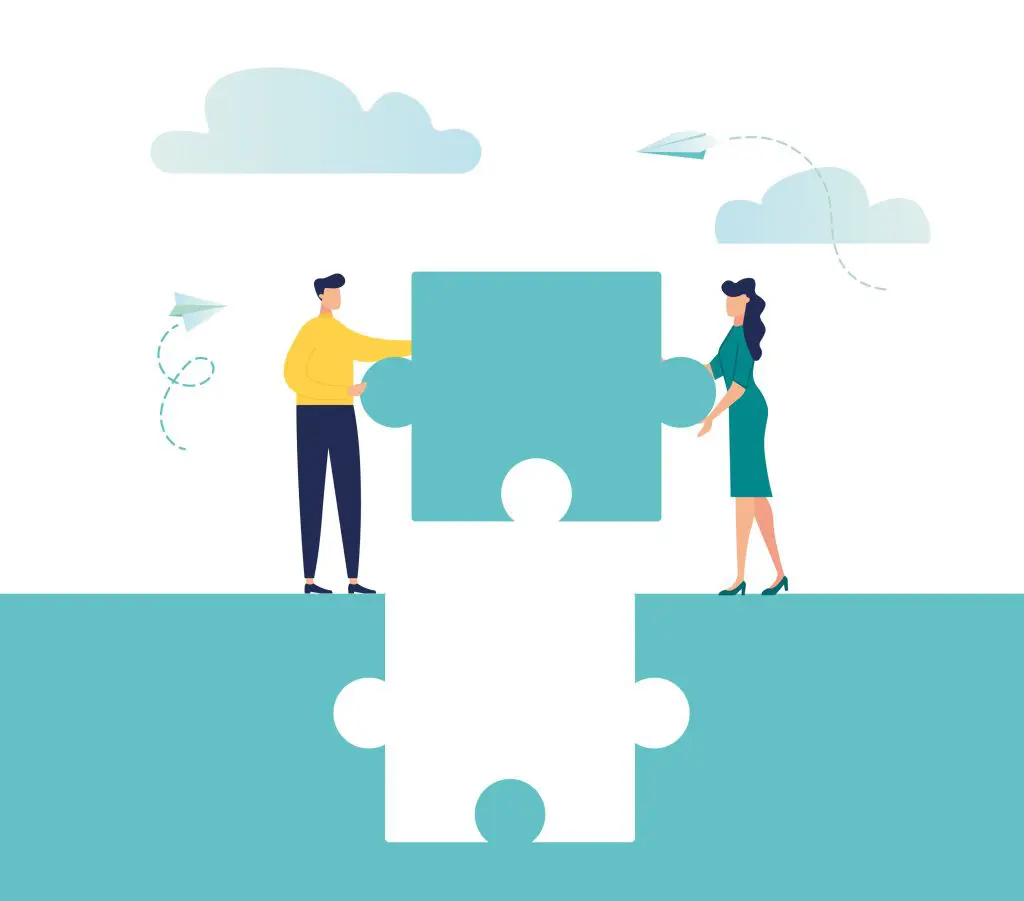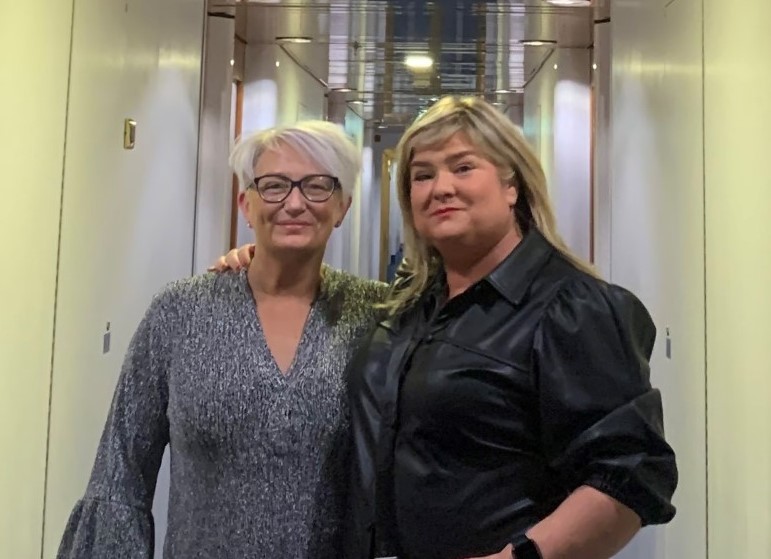Join us at our latest learning event. We’ve teamed up with Matter of Focus for our latest webinar, ‘Taking a trauma-informed approach to quality and impact.’
Live webinar: Wednesday 13 November, 12.30–1.30pm (GMT)
In this webinar, you can find out more about how we developed a trauma-informed approach to quality and improvement. Members of the Future Pathways team will talk about our integrated approach to impact evaluation, quality measurement and service improvement.
Join Sarah Morton (Director, Matter of Focus) in conversation with Flora Henderson (In Care Survivors Alliance Director), Louise Hall (Impact and Evaluation Lead, Future Pathways), and Carole-Anne Roger (Quality and Improvement Manager, Future Pathways) about our journey and what we’ve learned.
- Gain insights into developing a trauma-informed approach to quality and improvement.
- Discover how the OutNav approach can support data-driven service improvement.
- Hear practical strategies for effectively integrating impact evaluation, quality measurement and service improvement.
Our partnership with Matter of Focus
At key stages in our journey, Matter of Focus helped us build our knowledge and understanding by acting as an independent learning partner. In 2023, Matter of Focus helped us review our evidence and learn more about people’s experience of the service through a series of discussions.
Josie heard about Future Pathways through the Scottish Child Abuse Inquiry. When Josie registered with Future Pathways, she and her Support Coordinator took the time to get to know each other and build a relationship.
“I didn’t have to hide or hold anything back. They were so understanding. They understood exactly what I had been through. It was as if I had known them for years.”
Together, Josie and her Support Coordinator explored different types of support.
“They would keep in touch. They would offer support. Anything of interest to me, they helped in any way they could.”
Josie had been through many life challenges, and she knew that getting the right help was important for her. Future Pathways supported Josie to access counselling support.
“I looked forward to going to the counsellor every week. They helped me see that, to me, I was not worthless. I talked truthfully about everything for the first time.”
Being completely honest with the counsellor was transformational. Before accessing counselling, Josie had always bottled up her feelings. Counselling helped Josie consider how she thought about herself and to address how her feelings of shame had prevented her from accessing support or opening up to people. Counselling helped Josie see how important it was for her to be truthful with the people in her life.
“Before, I had to hold it in. I never spoke about my past to my kids. I was embarrassed. The stigma of being in care meant people thought you were trouble.”
Future Pathways also supported Josie to complete and publish her book, ‘Finally back to my routes’.
Josie had been writing for years. Through some of the most challenging experiences of her life, writing helped Josie to express herself. Josie never thought anything would come from her writing, but this changed when her daughter was diagnosed with breast cancer. Before passing away, Josie’s daughter encouraged her to finish her book. Josie was determined to finish her book for her children.
Accessing her care records helped Josie stitch together the story of her past. Josie also learned that she had a sibling she had never met before, and she was able to meet her.
“All of the story was in my records. Everything came flooding out.”
Josie would write for hours. Future Pathways supported Josie to finish and publish her book with Book Whisperers, a service that provides writing support.
“I surprised myself. It was a brilliant experience. I could get rid of all my anxiety and stress. I would just focus on writing.”
Josie is now a published author. She celebrated by organising a book signing event with family and friends. Writing ‘Finally back to my routes,’ enabled Josie to be completely truthful about her past with her loved ones. Her friends and family now know her as someone who is always laughing and joking.
“That old life is gone now. I love my life now. I am in a happier place. I’m more ‘me’. And my kids are so proud of me.”
At Future Pathways, we work collaboratively with our Delivery Partners. Our service model’s in-built flexibility allows support – and its accompanying impact – to evolve.
Here, Nell Glen, Partner Relationship Lead, describes our collaborative approach to working with Delivery Partners, and how this enhances support for people who access Future Pathways.
Since Future Pathways began, we have worked with upwards of 130 Delivery Partners, some of which we are still working with today.
Since the start of the service in 2016, we have developed and expanded with more staff and more Delivery Partners. As such, our commissioning processes have changed over time as we’ve learnt more about what facilitates effective support.
We’ve learnt that a collaborative and relational approach to commissioning brings trust, choice and flexibility to our outcomes-focused support. It also creates a network of support, knowledge and learning with Delivery Partners which, in turn, helps us navigate complexity and offer holistic support to people accessing Future Pathways.
We’ve also learnt that a collaborative approach to commissioning can, at times, be challenging to navigate for Delivery Partners and staff alike. For example, our collaborative report into impactful partnership working found that:
“Working in this way can be complex as it takes an investment of time to build trust, and most importantly a genuine commitment to collaborate and share power.”
Our approach has evolved, and we’ve had to adapt our approach over time so that it works in practice for everyone. One of Future Pathways’ aims is to take a trauma informed approach to all that we do, including our work with Delivery Partners. The changes we have made are underpinned by the 6 key principles of trauma informed practice: choice, trustworthiness, safety, empowerment, collaboration and cultural consideration.
Here you can read some examples of how we apply trauma informed principles to our work with Delivery Partners.

CHOICE
At Future Pathways we give the people we support a choice about who they work with, supporting them to select services that align with their desired outcomes. We support potential Delivery Partners to make informed choices about collaborating with us by sharing a new resource we have created about what working with Future Pathways involves.

TRUSTWORTHINESS
We have created more transparency around our commissioning approach and the way we set up support, through the development of our Delivery Partner welcome pack. The information in the welcome pack aligns with our internal guidance, so everyone is working from the same roadmap, promoting consistency.

SAFETY
The safety of our commissioning approach has been reinforced through clearer, more structured contracts and better-defined timelines for reviewing support. This provides more opportunities for the people we support, Delivery Partners, and Support Coordinators to understand progress towards goals, check whether support should be adapted, and to nurture a collaborative, safe relationship.

EMPOWERMENT
Future Pathways strives to empower people we support by helping them identify supports which will help them to progress their own desired outcomes. This is made possible through the flexible, trusting and collaborative nature of the relationships between Future Pathways and our Delivery Partners.
We also empower Delivery Partners to help us shape our collective support by inviting them to participate in focus groups, evaluations and other collaborative projects, such as a recent project to refresh our complaints and resolutions policy.

COLLABORATION
We recognise the value and expertise of our Delivery Partners, and we want to work closely with them to best support people to achieve their goals. For example, our new approach improves the quality of reporting and creates a feedback loop directly with Delivery Partners. It also clarifies how we communicate with Delivery Partners, ensuring that we collaborate closely with our Delivery Partners throughout a person’s support.

CULTURAL CONSIDERATION
When we work with people, we must take into consideration the specific needs of people who have experienced abuse or neglect in Scottish care settings. We have designed our commissioning approach so that it balances structured support with the flexibility people need to engage with services.
As the changes we’ve made to our commissioning approach continue to embed we expect to see support continue to evolve, along with its accompanying impact.
We want to hear from you
We are always keen to hear from people we support, our Delivery Partners and our providers. You can give us feedback at any time during the year through our Feedback Form.
See the difference we make together
Our latest impact report, Pathways to Change, gives us greater insight into how we make a real difference, and where there is scope for improvement. View and download our full report, summary report and mini report.
Our latest Quarterly Report is now available to view. It covers our work from April to June 2024. It shows what we’ve learnt, and includes key stats and feedback from those who access Future Pathways.
What happened in Q4
58 people registered with Future Pathways.
8 people started working with a Support Coordinator
102 people accessed support from 39 Delivery Partners.
Who we worked with
The average age of people who registered with us was 48.
72% of people registered with us live in Scotland’s most populated areas.
How people felt
We received positive feedback from people we support, and we also received suggestions for how we could improve.
People shared that they felt Future Pathwyas understood and cared about them. Many people also shared that they felt able to trust Future Pathways.
“They listened – they cared – they supported me.” (Person supported by Future Pathways)
What people gained
People accessed a mix of different types of support in Q1. Many people told us that they feel able to access the support that is right for them.
Many people accessed support from our Delivery Partners, such as record search and psychological support.
Many people accessed support from our Discretionary Fund, such as support to make their home feel safe and comfortable, and to explore their interests.
People also accessed support to link up with existing services, such as social work and healthcare.
What changed for people
People shared what changed in their life after accessing support from Future Pathways.
“They helped to make my day to day living easier.” (Person supported by Future Pathways)
What difference we made
People shared the impact of their work with Future Pathways. Some people gave us feedback that, now, they feel more hopeful about their future.
“You have a way of showing that there is a way forward. [The support] is giving me my life back.” (Person supported by Future Pathways)
Our full report features further infographics, feedback and a breakdown of our financial spend.
Marie Fagan has been working in specialist cleaning since 2007. She is the Managing Director and founder of MD Cleaning. Based in Shotts, the company has 13 staff.

How did your partnership with Future Pathways start?
About five years ago, Future Pathways reached out to me. We helped them with a flat in Edinburgh. It gradually grew from there and eventually we started cleaning properties in Glasgow, which we still do. We now do about five per week for Future Pathways.
What happens when you start with a new client? Is there a process?
We always like to meet the clients first, to build a rapport up with them: to make sure that they’re not feeling uncomfortable, and that they know we’re not there to judge, things like that. Then we try and involve the clients as much as we can. In that first consultation, we’ll make a plan for where they want to start first.
Then we normally don’t work any more than four hours per session, or six hours at the most, because it starts getting a bit too much for the clients. But we’re very good at judging that. We’ll know that they’ve had enough for today, and we’ll go, and then we go back the next week. We usually clean each property once a week.
Depending on the client, we might give them a wee task to do for us before we come back the next week. Or we just tell them just to just leave it and we’ll pick up where we left off the next week. It just depends on the person: everyone’s different, so you judge what’s best with each person.
So your service is a lot more than the actual cleaning?
Absolutely. It’s really about understanding. Empathising with the client, and understanding when they want you to stay and when they want you to go.
But in other ways we treat clients just as we would treat any other person. We chat away to them while we’re working. We try and involve them. Or some people prefer to just sit and chat to us, so we let them do that. Because for some people, sometimes the company is just as helpful as the cleaning.
“It’s really about understanding. Empathising with the client.”
They’re always, always, always delighted with the service. Some of them are in awe, because it had just got so much that they just thought there was no way to fix it. Then we work for four hours, and we do loads and loads of stuff, and it just gives them a great spur on.
And we feel great when we finish too, because we can see a difference in the clients and their mood.
How long do you work with each client?
Usually, there’s a contract made first. At that first consultation, we can assess the property and we put a plan in place on how long we think it’s going to take for us to get the house done. It could be one four-hour session, it could be weekly sessions for several months. Again, it all just depends on the individual in the house.
For example, if someone doesn’t really have organisations skills, we can go in a couple of hours a week and teach them how to clean. We can teach someone how to look after their house, which is great.
How do you apply the principles of trauma-informed practice in the work that you do?
They key thing for us is to empathise with people, really. Their frame of mind is a priority over the cleaning, no matter what day we go. We do get a lot where we can go to the door and they don’t let us in, or they cancel just before we go, or they cancel the night before. We don’t push the fact because obviously, they don’t want us in that day, so that’s fine.
It’s really just treating the person as a human being, and as an individual who has particular needs and limitations, like all of us do.
“I find that with all the Future Pathways Support Coordinators that we speak with, they feel the same way we do. It’s not just a job to them.”
You’ve been quite close partner with Future Pathways for a couple of years now. Does the relationship work for you?
They’re brilliant. They’re great. We work with the Support Coordinators, and bounce off them as well.
So we’re very grateful that we’re able to help people registered with Future Pathways, and we’re always happy to.
It seems that MD Cleaning and Future Pathways are very closely aligned in your approach and your values?
I find that with all the Future Pathways Support Coordinators that we speak with, they feel the same way we do. It’s not just a job to them. They do genuinely care for people and want to help. Same as us.
Yes, it’s a job, but we genuinely like to support people.
